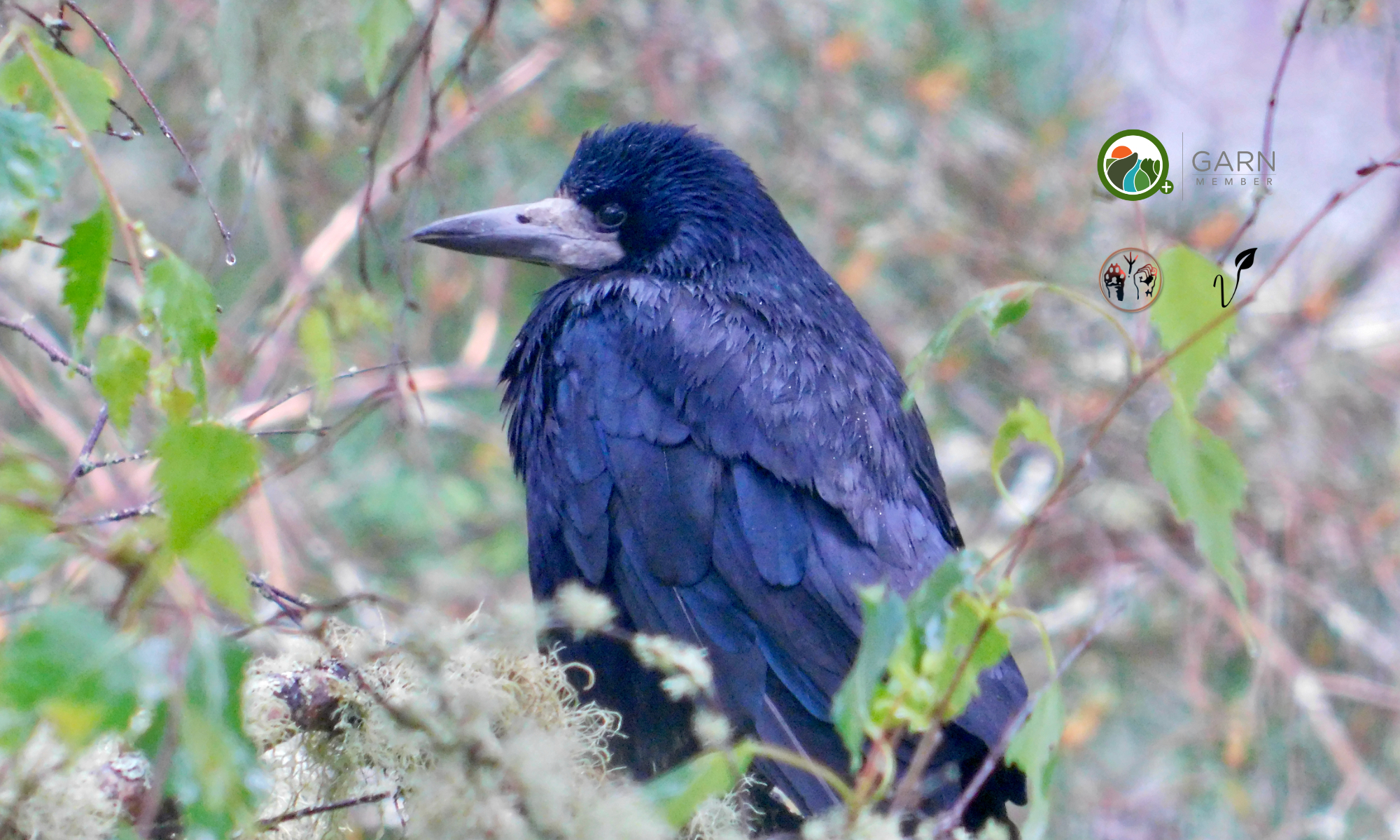Please Support Us
The Corvid Isle Sanctuary is situated in the Scottish Highlands. We are a small fully self-funded non-for-profit sanctuary (License Number MAU 016710) and provide a permanent home for more than 30 native unreleasable birds. Please consider to support our work by making a financial contribution via GoFundMe. If you are interested in other ways to support us, then please check out our Support page for more details. You can also use our Contact page to get in touch with us, if you require more information.
GoFundMe – Support Corvid Isle Sanctuary
Continue reading “GoFundMe – Support Corvid Isle Sanctuary”



